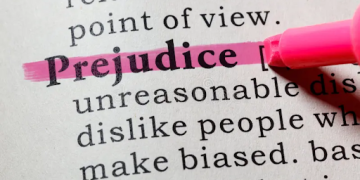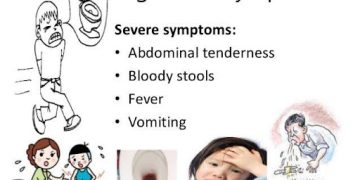Greenwashing is a practice of deceiving consumers through false marketing and PR activities, which misleadingly claim a company’s products, services, and business practices to be “green” or environmentally sound.
Highlights:
- Greenwashing is the deceptive practice of touting exaggerated environmental virtues to sell a product.
- A number of companies are greenwashing their service or product to give the appearance of being an environmentally friendly entity.
Have you ever checked that “eco-friendly” label on any product you see or buy? Guess what? Chances are, it is not as eco-friendly as you think. If you are surprised, you probably have never heard of “Greenwashing.” Greenwashing is a practice of deceiving consumers through false marketing and PR activities, which misleadingly claims a company’s products, services, and business practices to be “green” or environmentally sound. Many companies engage in greenwashing to meet consumers’ demand for eco-friendly products and services with the rise of environmental concerns. As consumers become more aware of the current environmental situation, companies are finding greenwashing to be a golden chance to jump on the bandwagon, but little do these companies know that this bandwagon is taking them downhill.
Why would companies take the risk?
There is a good number of reasons behind Greenwashing practices, but the most obvious ones can be summed up in a couple of points:
1-Take all my money if it’s “eco-friendly”:

Take a quick scan on any shelf in the supermarket and spot the one with the “Green,” “Eco-friendly,” “Organic,” or “Sustainable” label and compare that with any other product within the same product category; you will see how the price increases or even double just because the product has got an extra-label that claims environmental stewardship. Some companies attempt to capitalize on customer demand for eco-friendly products and these products’ scarcity at the same time, and as the economic rule goes, “When demand increases, while supply is limited, prices definitely rise.”
2- Pretending to be the “good guy”:
Some companies use Greenwashing as an innocence mask to cover their environmental violations by shifting consumers’ attention away from their actual unsustainable practices by selling false environmental labels, claiming sustainable product performance, or announcing green business practices. This might also include calling upon customers to engage in recycling initiatives or reduce plastic bags and bottle consumption, thereby delegating the company’s responsibility to customers while maintaining a good brand image.
It is far beyond a simple green label

Greenwashing can be classified into different types depending on the techniques and claims used. Some companies, on the one hand, promote their products as Recycled or Sustainable, while on the other hand, they carry out environmentally damaging operations and processes in order to bring that “green” product to life. This includes using harmful chemicals that affect consumers’ health and safety. Moreover, companies involved in greenwashing might claim that their products are not tested on animals despite the fact that, in some countries, animal testing is mandatory for a product to be approved by law. Finally, we can notice Greenwashing practices by companies that market their products to be healthier options within a product category. An example is the Organic Cigarette, which contains organic tobacco, promoted to be less harmful and addictive as it does not contain artificial additives. But let’s be realistic: cigarettes will remain cigarettes.
What if Greenwashing is exposed?
Greenwashing started in the 1980s when consumer information was limited, and knowledge sources were mainly TV, radio, or printed media. But nowadays, how can you fool customers who are more knowledgeable and aware? Thanks to the internet that made any piece of information that customers want to look up a click away, such deception is more difficult to pull off. High accessibility of information creates a threat for Greenwashing companies, as such. Companies take the risk of losing their credibility. When consumers find out that they have been deceived by the marketing activities of a particular company, they lose their trust, and companies might not only lose a portion of their market share and brand image but might also deal with a strong backlash from NGOs and environmental activists in the form of lawsuits against misleading practices and claims.
A good way for companies to stay away from falling into the trap of Greenwashing is to keep transparent information available to the public, even if this means that customers will see imperfect environmental stewardship. Customers are more accepting of a company that does its best to become responsible than a company that tries to Greenwash its activities.










Discussion about this post